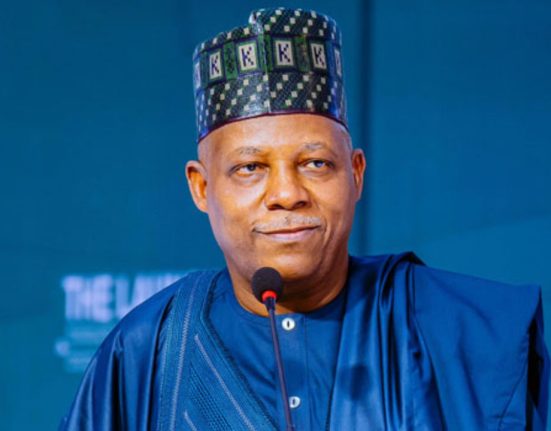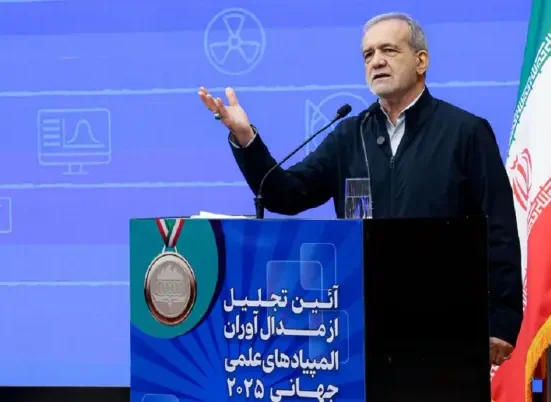In a bold call to action, renowned economist Dr. Yemi Kale has emphasized the need for Nigeria to achieve an annual economic growth rate of at least 40% to effectively cushion the impact of the recent U.S. tariff hike.
Speaking at the 2025 Vanguard Economic Discourse in Lagos, Kale underscored that this ambitious growth target is crucial for Nigeria to realize its vision of a $1 trillion economy. While the challenge is significant, it presents an opportunity for Nigeria to reposition itself as a major player in global trade by leveraging its youthful population and abundant natural resources.
The U.S. tariffs, which include a 14% levy on Nigerian exports, have raised concerns about their potential impact on Nigeria’s trade.
However, experts note that the exclusion of oil and mineral exports from these tariffs offers some relief, as these sectors account for a substantial portion of Nigeria’s exports to the U.S. Despite this, the tariffs could still affect non-oil exports, such as agricultural products and textiles, which are critical for diversifying Nigeria’s economy. Kale’s call for sustainable reforms across various sectors, including fiscal and monetary policy, highlights the importance of creating a resilient economic framework that can withstand global trade shocks.
To achieve this growth, Nigeria must focus on diversifying its productive base by unlocking the potential of sectors like agriculture, manufacturing, services, and the digital economy. For instance, improving agricultural productivity currently hampered by low yields and significant post-harvest losses could significantly boost exports and contribute to economic growth.
Additionally, investing in human capital and strengthening governance systems are essential for sustainable development. By adopting forward-looking policies and leveraging regional trade opportunities, Nigeria can navigate the challenges posed by U.S. tariffs and emerge stronger in the global economy.In response to these challenges, the Nigerian government is reassessing its economic strategies.
Finance Minister Wale Edun has noted that while the tariffs may have a negligible immediate impact due to the exemption of oil and minerals, the government remains vigilant and is exploring ways to reduce dependence on oil exports. This proactive approach, combined with efforts to boost non-oil revenue, positions Nigeria for long-term economic resilience and growth.
As the country moves forward, achieving the ambitious 40% growth target will require concerted efforts from both the government and the private sector, but it offers a promising path towards a more robust and diversified economy.







